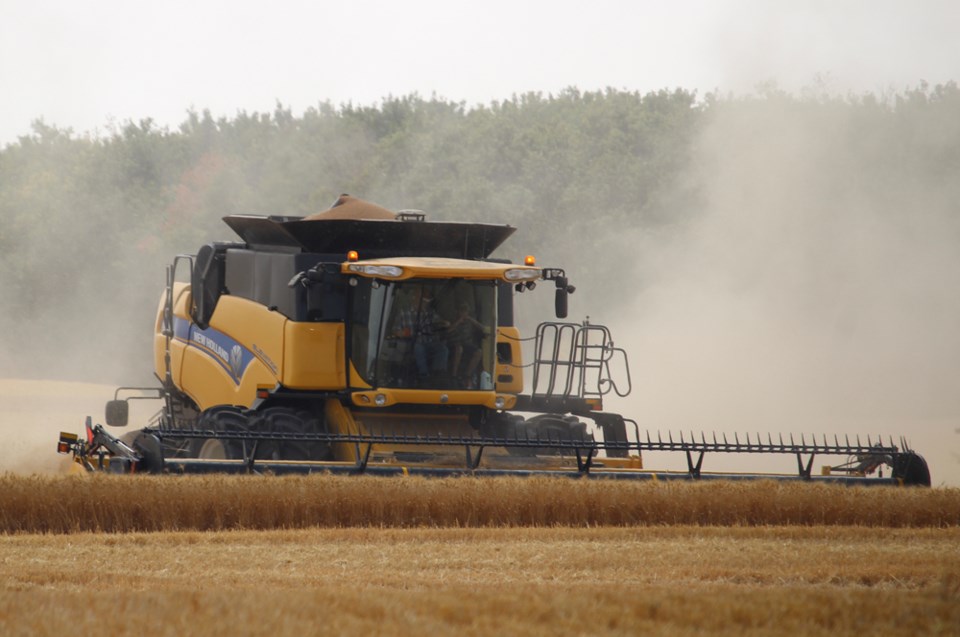The world has entered a new age of nationalism, resulting in growing trade protectionism and increasing barriers for Canadian farmers and exporters who depend on international markets.
The idea that trade is about winning or losing is dangerous and misleading. This idea ignores the world’s growth over the last 75 years and the disastrous outcomes of “me first” economic policies that preceded trade liberalization. We cannot forget the prophetic words of former U.S. Secretary of State (and Nobel Laureate) Cordell Hull who noted “unhampered trade dovetails with peace; high tariffs, trade barriers, and unfair competition with war". Secretary Hull would be disappointed with the current state of global affairs, particularly the retreat of leading nations from cooperative and rules-based systems.
Canadian farmers see examples of growing protectionism every day, with tweets from the President of the United States, barriers to Canadian durum entering Italy, Saudi Arabia banning Canadian wheat and barley, and countries using phytosanitary rules to block trade. Recent court and regulatory decisions in the European Union (EU) have the potential to severely limit accessibility to this market. The list of market access barriers seems to grow on a weekly basis. What can we do about it?
We need our Government to rigorously enforce current trade agreements. A trade agreement is not worth much without enforcement. Since the Comprehensive Economic and Trade Agreement (CETA) with the European Union (EU) came into force, one of Canada’s largest exports to the EU, durum wheat, has virtually disappeared. Canadian farmers need our Government to assertively challenge the protectionist measures Italy is using to keep our durum out. A strong Canadian response is necessary to recover the Italian market and to prevent other protectionist countries from adopting Italy’s methods.
We also need every part of government to consider the trade implications of policies and public statements. All agencies and departments need to have an understanding of the importance of keeping markets open for Canadian exporters. This “trade lens” does not exist today. Some of our key regulatory agencies have explicitly stated or shown that trade considerations are not part of their mandate. This must change.
We need our regulatory agencies to carry out necessary consultations with the Canadian value chain and our trading partners before public announcements are made. We need agencies and departments to consider if diplomatically making statements in private, rather than public, will keep markets open. We need regulators to acknowledge that some decisions will make Canada less competitive despite the fact that they might be popular on the internet.
Cam Dahl is President of Cereals Canada




